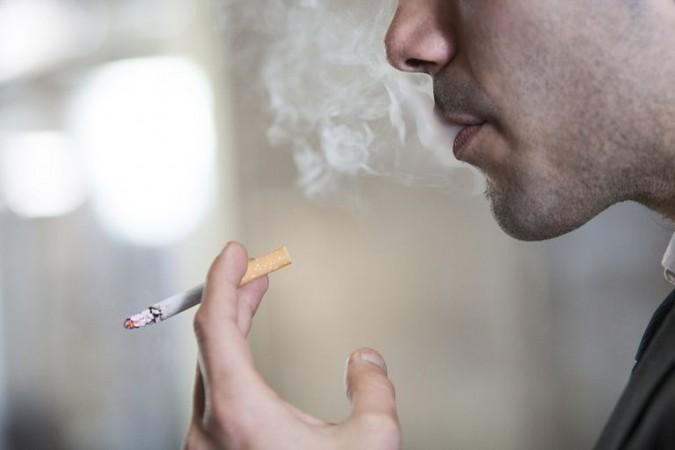
The tobacco epidemic, known as one of the biggest public health threats the world has ever faced, kills more than 8 million people a year, warns WHO ahead of the World No Tobacco Day on Friday, May 31.
Around 7 million of those deaths are the result of direct tobacco use while around 1.2 million are the result of non-smokers being exposed to second-hand smoke.
According to an article released by the UN Agency on Wednesday, more than 60,000 children aged under 5 die of lower respiratory infections caused by second-hand smoke. Those who live on into adulthood are more likely to develop Chronic Obstructive Pulmonary Disease (COPD) later in life.
In India, the Global Adult Tobacco Survey 2 (GATS 2) 2018 report reveals there are 266 million people, aged 15 and above, who use tobacco in some form. Among the adults, 24.9% (232.4 million) are daily tobacco users and 3.7% (34.4 million) are occasional users. Cardio Vascular Disease deaths caused by tobacco use account for 4,49,844 deaths, about 16% each year.
Exposure to tobacco impacts the lung health of people around the world and here's why you need to stop:
Lung cancer
Globally, over two-thirds of lung cancer deaths are caused by tobacco smoking. Smokers are up to 22 times more likely to develop lung cancer in their lifetime, compared with non-smokers. Among non-smokers, due to exposure to second-hand smoke at home or in the workplace, they have a 30 per cent higher risk of developing lung cancer. It is estimated that after 10 years of quitting smoking, the risk of lung cancer falls to about half compared to that of a smoker.
Chronic respiratory disease
Tobacco smoking is the leading cause of the chronic obstructive pulmonary disease (COPD), a condition that causes episodes of breathlessness, coughing and mucus production. People who started smoking in their youth or adolescence are especially susceptible to developing COPD as a result of reduced lung growth and function. Tobacco also aggravates asthma, which restricts activity and contributes to disability. People who stop smoking early slows the progression of COPD and improves asthma symptoms.
Across the life-course
Studies have shown that infants exposed in-utero to tobacco smoke toxins, through maternal smoking or maternal exposure to second-hand smoke, experience reduced lung growth and function. Young children exposed to second-hand smoke are at risk of triggering asthma, pneumonia, bronchitis and respiratory infections. Smokers should ensure they don't smoke in the presence of an infant or young child.
Tuberculosis
Tuberculosis (TB) damages the lungs and reduces lung function. It is further damaged by tobacco smoking. People who smoke are twice as likely to fall ill with TB. Active TB, compounded by the damaging lung health effects of tobacco smoking, substantially increases the risk of disability and death from respiratory failure. TB sufferers should also take immediate steps to quit tobacco to enable their TB treatment regime to be effective.
Air pollution
Tobacco smoke is a dangerous form of indoor air pollution as it contains more than 7,000 chemicals, 69 of which are known to cause cancer. Though smoke may be invisible and odourless, it can linger in the air for up to five hours.








